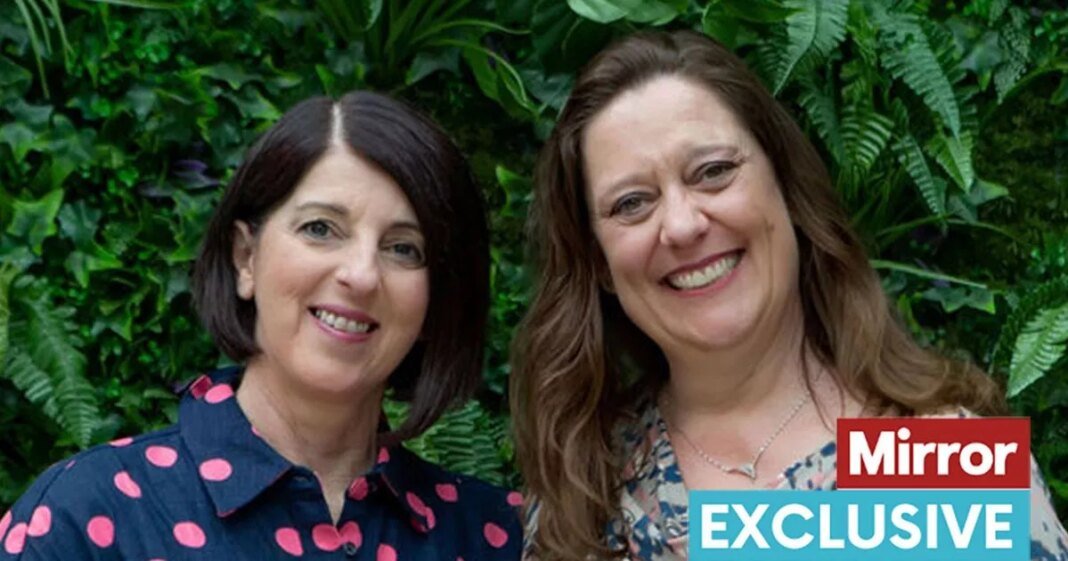Four reasons you find it hard to declutter, according to a professional organiser
Decluttering isn’t always an easy task, especially when you find yourself clinging onto the exact items you’re trying to get rid of.
For professional declutterers Ingrid Jansen and Lesley Spellman, this is something they come across often – and it turns out that we can address the issue by first addressing our emotions. As hosts of The Declutter Hub podcast, Ingrid and Lesley help others creating a calm space using their tried-and-tested approach to emotions-based decluttering.
Speaking to the Mirror, Lesley has opened up about how we can all tap into our emotions to help declutter our homes. “It’s really understanding how your emotional connection to something makes you make, what others may consider to be, an irrational decision about that. It might be that you’re keeping something out of guilt, so it might be guilt over the money that you spent on it, or it might be guilt because somebody gave it to you and you feel obliged to keep it,” she explains.
“For instance, it might be something that’s been handed down to you or it might be a picture that your children have drawn for you. All those things when we know in our heart of hearts that they’re not really serving any practical purpose in our current life. We still feel a little wrench to it before we can let go of them. So guilt is a big one.”
But guilt isn’t the only emotion that people may attach to decluttering. While Lesley admits there are “hundreds and hundreds” of emotions, there are some other common connections that people might have.
“Worry is another. People worry about ‘what if’. So ‘what if I need it one day?’ People have a just in case scenario and keep things because they’re worried about what would happen if they don’t have it. The reality is many people could go out and replace that thing if they needed to,” she says.
“We’ve also got aspiration. A lot of us keep things out of aspiration. To give you an example, keeping a breadmaker in your kitchen because you aspire to make bread from scratch rather than buying it from the supermarket.
“Or we might aspirationally keep loads of fancy recipe books because we want to cook a certain way, or we keep a juicer because we want to get healthy.”
She adds: “When we get into things like sentimentality, we really need to go down that quality over quantity route – particularly when it’s things from people that we’ve lost and stuff like that – we’re overly sentimental and feel like we ought to keep everything from somebody.”
Whatever emotions you may attach to clutter and objects, it’s important to recognise when an item is no longer serving us. Although it can be tempting to reflect on the past and the future when doing a clear out, Lesley encourages people to remain focused on the present.
“We keep hold of things from the past and keep hold of things for the future. Many people, depending on what generation you are, keep hold of things to give away to the kids, thinking that they will want them, for example,” she says.
“Once you recognise that, not only can you let go of the stuff that’s burdening you, you can also start to switch your mindset. Then you can check yourself when you’re buying something that you have a hundred of at home because you recognise you’re doing it out of aspiration or whatever other emotion it might be.”
Reset Your Home, Unpack Your Emotions And Your Clutter, Step By Step by Ingrid Jansen and Lesley Spellman is out now
Get email updates with the day’s biggest stories

